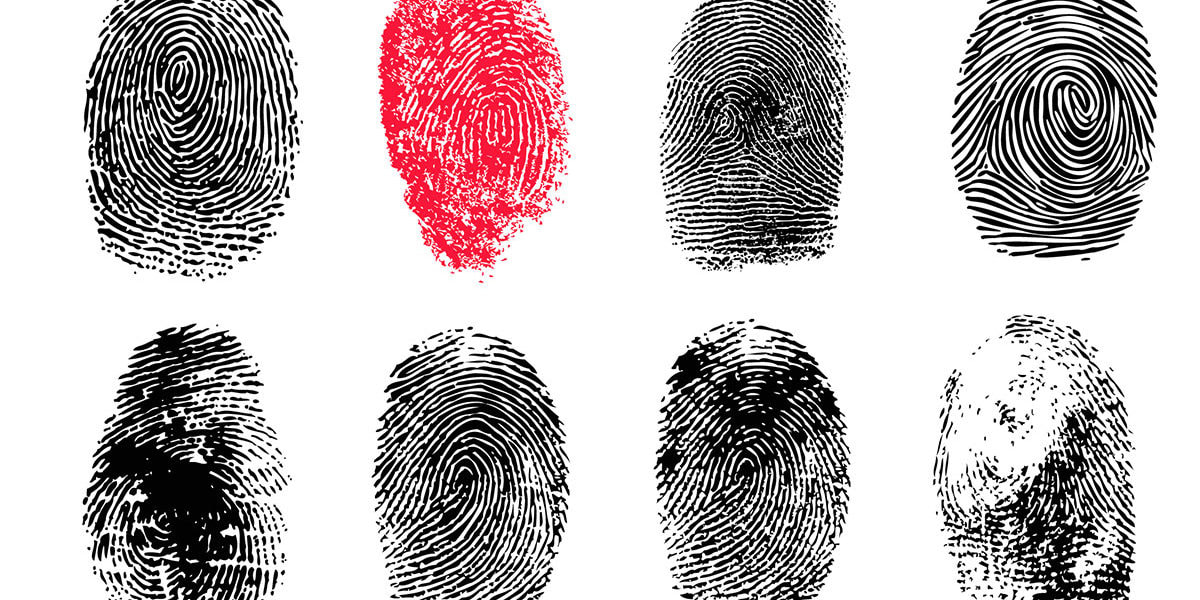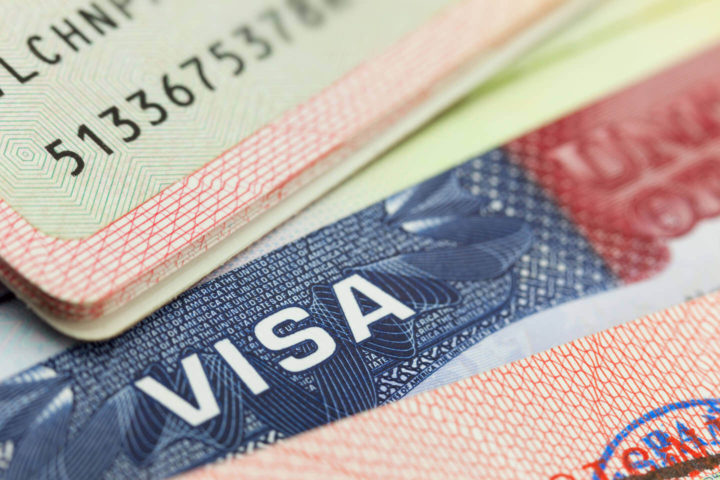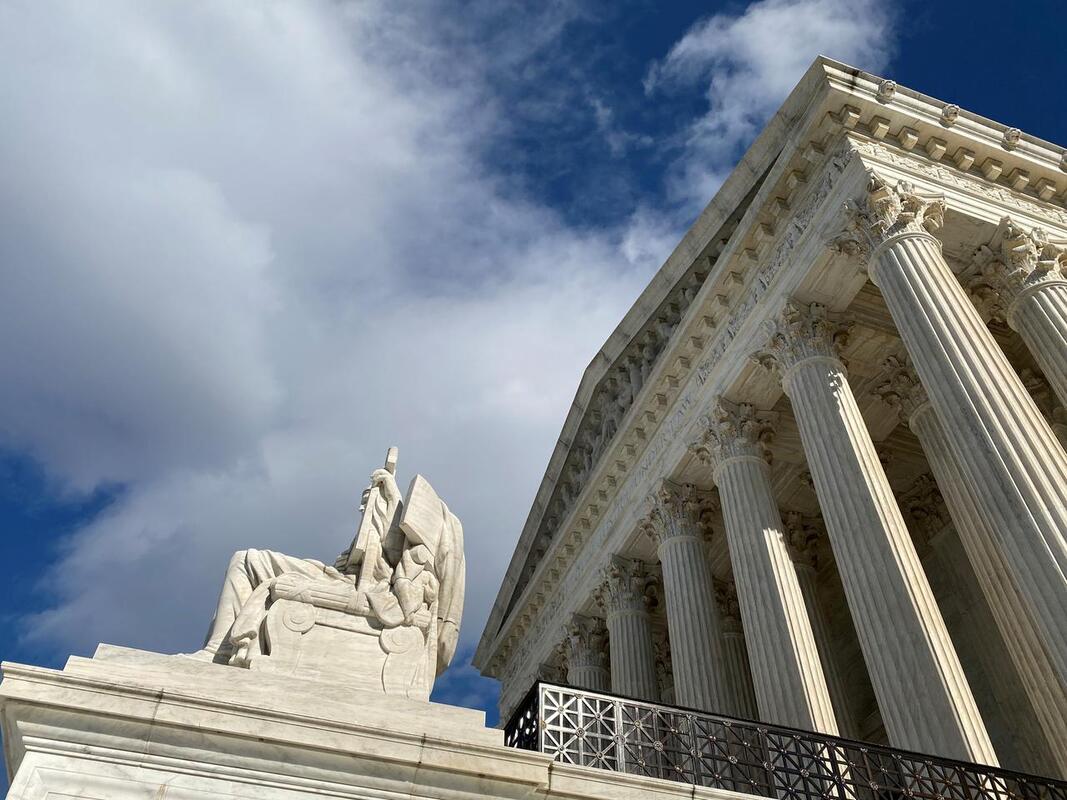On January 31, 2020, U.S. Health and Human Services Secretary announced that the United States is temporarily suspending the entry into the United States of foreign nationals who have been in China during the prior 14-day period, as the U.S. government is concerned that anyone who has visited China during the prior two weeks poses a risk of transmitting the 2019 novel coronavirus. In addition, any U.S. citizen who has been in the Hubei Province of China during the 14-day period prior to entering the U.S. will face a mandatory 14-day quarantine upon return to the U.S.
Travel restrictions apply to people:
who are not U.S. citizens nor green card holders nor the spouse or minor child of a U.S. Citizen or Permanent Resident
and
are currently outside of the U.S. and have traveled to China while they have been outside of the U.S. or are still in China
For example:
If an employee on an H-1B visa departed the U.S. last week and travled to Paris, then China and is now in Singapore, he/she will not be able to return to the U.S. during the restriction.
If an F-1 student departed straight to China and is still there, he/she will not be able to return to the U.S. during the restriction.
If one is in China but is married to a U.S. Citizen or Lawful Permanent Resident – he/she can return to the U.S. as they are considered the immediate relative of a U.S. citizen/U.S. Permanent Resident. Although allowed to enter the U.S., if the re-entry is on or after February 2,, 2020, he/she will be quarantined for up to 14 days by the government if returning from the Hubei Province. If returning from anywhere else in China on or after February 2, 2020, he/she will be proactively screened, subject to monitoring and will be on self-quarantine for up to 14 days.
A U.S. Citizen or Lawful Permanent resident will be allowed to return to the U.S. but if the re-entry is on or after February 2, 2020, the same quarantine rules apply.
Read here.







 RSS Feed
RSS Feed